Supervisor'S Performance Review Handbook Page 22
ADVERTISEMENT
PITFALLS TO AVOID IN THE PERFORMANCE REVIEW PROCESS
Because it is important that the performance review process is constructive and that it enhances
employee motivation, supervisors should be aware of common pitfalls. Research shows that
these pitfalls can cause employee anger, loss of employee morale and motivation, as well as
grievance or legal action. These pitfalls include:
•
The supervisor does not communicate adequately to the employee the job duties,
performance objectives and the performance standards before the formal review.
Remember, employees must be clear on the job duties, performance objectives and
expected performance standards at the beginning of each performance review cycle.
Surprising the employee with previously undefined job duties and performance during the
formal performance review most likely will cause anger.
•
The supervisor does not adequately prepare for the formal performance review. A
supervisor who displays little thought given to the performance review process, by not
spending enough time on the form, by not completing it in a timely manner, by not citing
specific examples, etc., may demoralize the employee.
Remember, performance reviews are important to employee motivation and enhanced
productivity and conducting effective, meaningful and legal performance reviews is the
critical part of a supervisor's job responsibilities.
•
The supervisor commits the "recent-cy error." The recent-cy error occurs when the
performance review is based largely on the employee's most recent performance, good or
bad, rather than on performance throughout the review period. The recent-cy error results in
biased evaluations.
Remember, an accurate and fair performance review must be based on an employee's
performance over the course of the year. Keep a record of the employee's
accomplishments during the year and specific examples of what the employee does well and
what he/she needs to improve.
•
The supervisor commits the "halo error." The halo error occurs when a supervisor judges an
employee favorably or unfavorably on the basis of one strong or weak point on which the
supervisor places a high value.
Remember, to conduct an accurate and fair review, the supervisor must evaluate each job
duty and/or objective independently from each other. Be as objective as possible. Just
because the employee is very good, or very poor in one job duty/objective, does not mean
that the same holds true for other job duties/objectives.
•
The supervisor commits the "central tendency error." The central tendency error occurs
when the evaluator is reluctant to assign either high or low ratings, when appropriate, but
instead chooses to rate all employees as average.
Remember, be as honest as possible in your ratings. Citing specific examples, give an
employee a high rating if it is deserved; likewise, give a low rating, citing specific
examples, if it is deserved.
Supervisor’s Performance Review Handbook rev 7/5/12
Page 22
ADVERTISEMENT
0 votes
Related Articles
Related forms
Related Categories
Parent category: Business
 1
1 2
2 3
3 4
4 5
5 6
6 7
7 8
8 9
9 10
10 11
11 12
12 13
13 14
14 15
15 16
16 17
17 18
18 19
19 20
20 21
21 22
22 23
23 24
24 25
25 26
26 27
27 28
28 29
29 30
30 31
31 32
32 33
33 34
34 35
35 36
36 37
37 38
38 39
39 40
40 41
41 42
42 43
43 44
44 45
45 46
46 47
47 48
48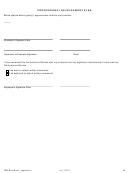 49
49 50
50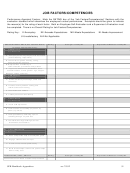 51
51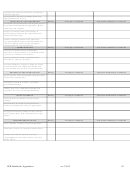 52
52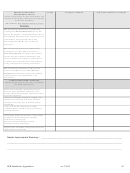 53
53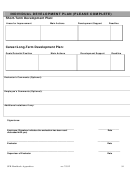 54
54 55
55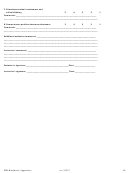 56
56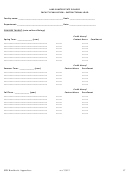 57
57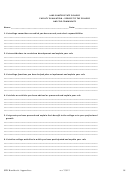 58
58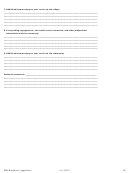 59
59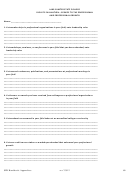 60
60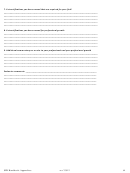 61
61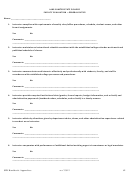 62
62 63
63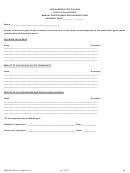 64
64 65
65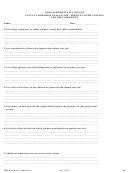 66
66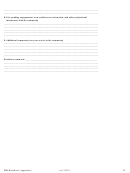 67
67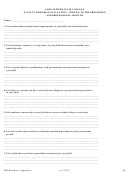 68
68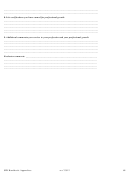 69
69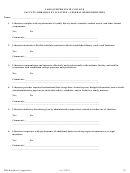 70
70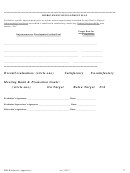 71
71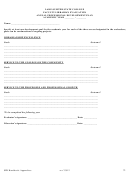 72
72 73
73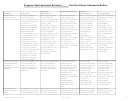 74
74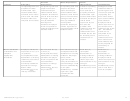 75
75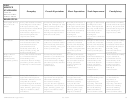 76
76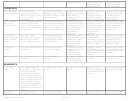 77
77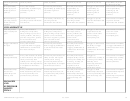 78
78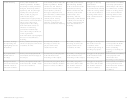 79
79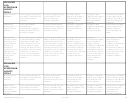 80
80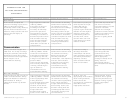 81
81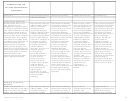 82
82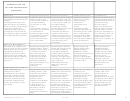 83
83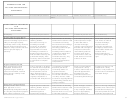 84
84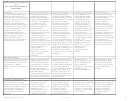 85
85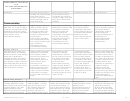 86
86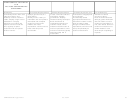 87
87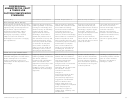 88
88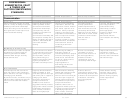 89
89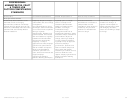 90
90








